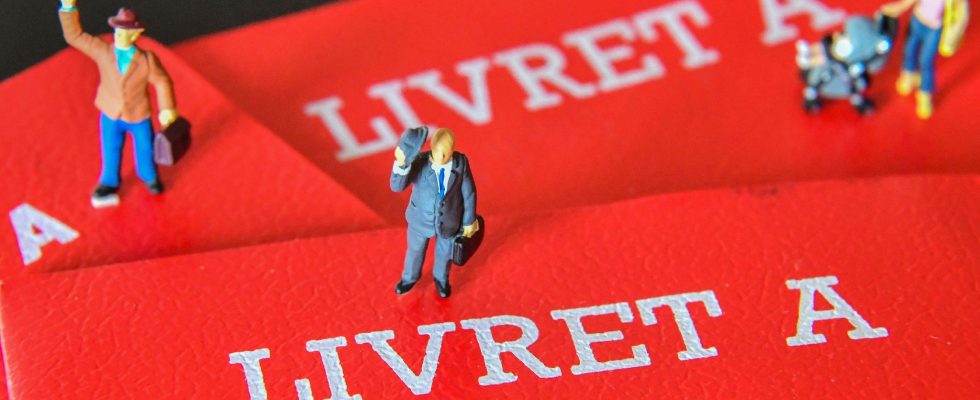Galloping inflation does not seem to have affected the savings potential of the French. This is one of the conclusions of a study published on June 1 by Ifop. In a barometer carried out with the insurance broker Altaprofits, the polling institute questioned a sample of 2,407 people, representative of the French population aged 18 and over, on their savings behavior.
“Savings in France remain an island of stability that resists inflation,” note the pollsters. They explain in particular that 8 out of 10 French people have at least one savings product, and 94% of them have already deposited money there. A globally stable figure over the last three years, and which has therefore not been affected by the recent rise in prices.
Little reaction to inflation
According to an initial estimate published by INSEE, inflation in France was around 5.1% in May. Although the slope is less steep than in recent months (6% in April), prices continue to climb. But this development has had little effect on French savings. “Nearly two-thirds (63%) do not plan to touch their savings, or only a little, to keep them for future projects. While 29% take money from their investments, even if it means questioning certain projects, 8% save more to guarantee their purchasing power in the future in the event of a continuous rise in prices”, the study tells us.
She also notes that significant differences remain depending on the region. Savers living in the Grand Est region (36%) and in Normandy (37%) are more likely to consider dipping into their savings in order to cope with the rise in the cost of living, even if it means calling into question certain life. Conversely, the inhabitants of Nouvelle-Aquitaine (23%), Provence-Alpes-Côte d’Azur and Corsica (24%) are among the French least likely to use their savings.
Division between north and west
Ifop is formal: the French in the west – Bretons in the lead (98% have invested money in 2022 and 68% of them have several savings products) – are more inclined to save than the French North.
But the Bretons do not necessarily have a risk culture when it comes to savings. While the inhabitants of Hauts-de-France are more inclined to take risks in a context of inflation, in order to limit their losses (23% of them wish to do so), the Bretons are more cautious: only 14% of those questioned want to transfer their savings to more remunerative, and therefore more risky, products.
On the other side of the spectrum, the North-East of France has a somewhat less developed savings culture. The inhabitants of the Grand Est are the least likely to have several savings products (45%), closely followed by people living in Hauts-de-France (51%).
But the inhabitants of the Pays de la Loire, which have among the highest rates of savings products, are paradoxically those who perceive the least well the effect of inflation on their woolen socks. “59% of residents of the Loire are not aware of the risk to the value of their savings. In detail, 16% think that the impact is positive, 23% for whom it has no impact and 20% do not know” , concludes Ifop.
